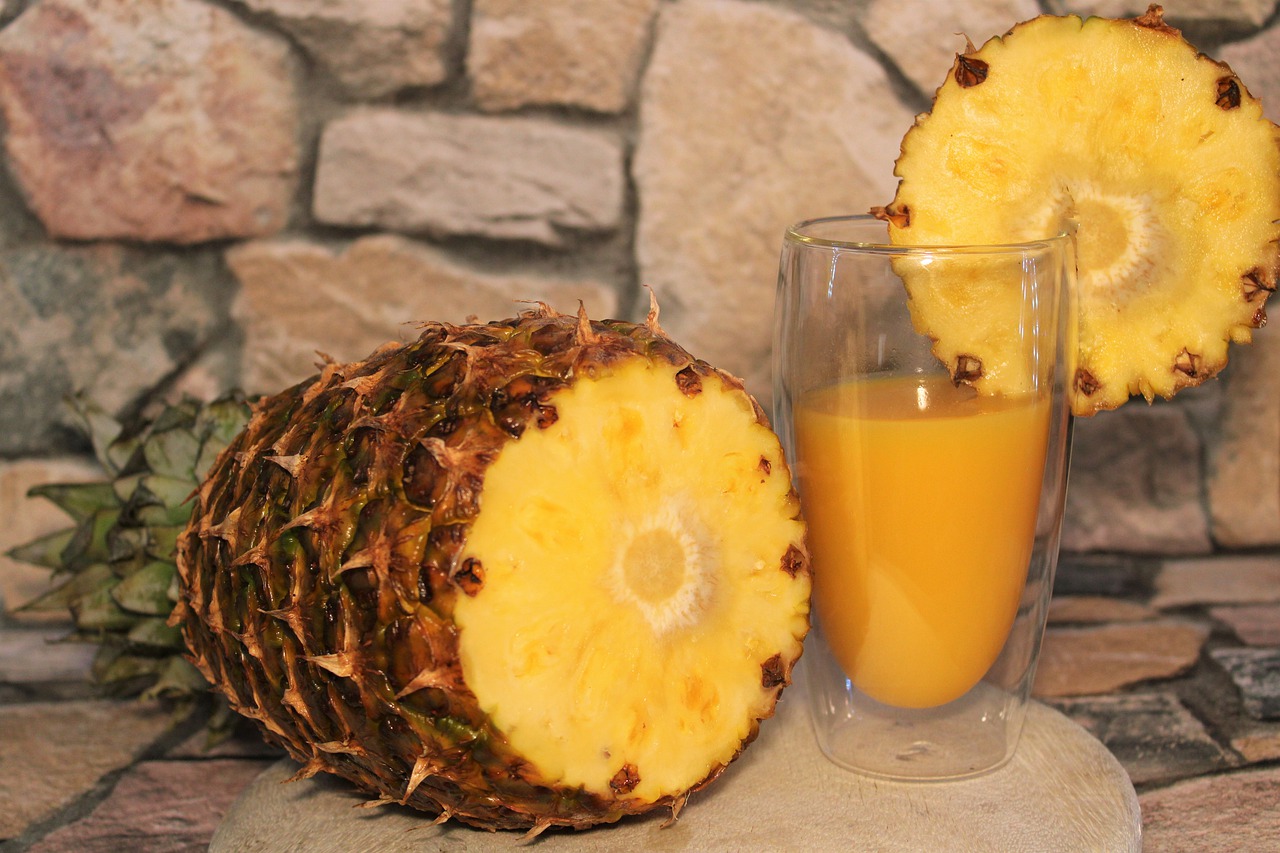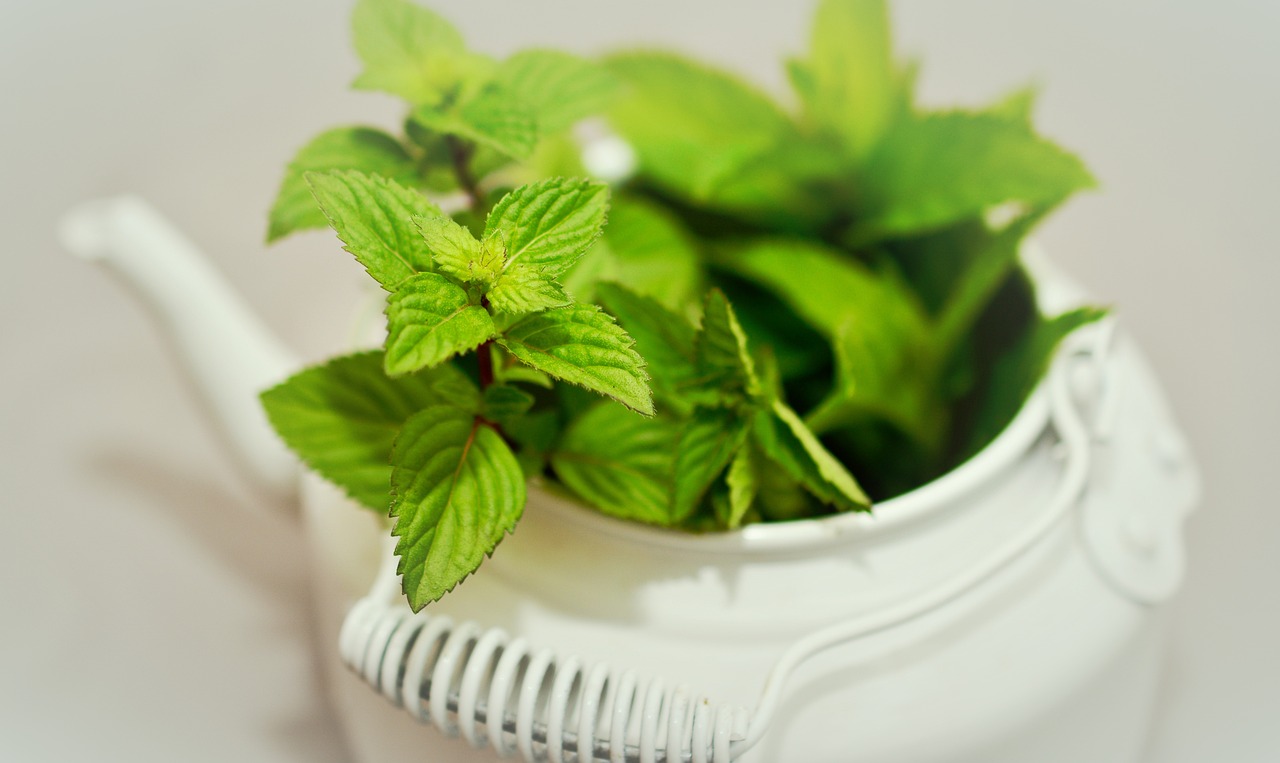Herbal Remedies for Chronic Fatigue Syndrome (CFS)

While the cause of chronic fatigue syndrome is not known, herbal remedies are becoming more and more popular as an effective form of alternative therapy. They are especially beneficial when it comes to encouraging the strength of the immune system and fighting different types of viruses. Various herbs can be used alone, or in conjunction to manage a wide variety of symptoms. Before trying herbal supplements, check with your doctor to make sure you don’t have a condition which would prevent you from taking them.
Astragalus is very effective at encouraging the proper workings of the immune system. While Astragalus is wonderful for treating the symptoms of the flu and head colds, it should not be taken when the individual has a fever. Astragalus encourages the production of white blood cells. White blood cells are critical to getting rid of pathogens once they have gotten into the body. The suggested dosage of Astragalus is 150 to 250 milligrams three to four times per day.
Burdock root, dandelion, and red clover when combined as a tea help to encourage swift healing. In combination, these three herbs support proper immune system functioning, and also help cleanse the bloodstream. Depending on preference, you can also try mixing any pair to see if one tea works better than another. For optimal effect, drink four to six cups daily.
Ginkgo biloba helps to improve brain function, and also circulation. Thus, it may help with memory and other cognitive impairments associated with an active bout of CFS . Milk thistle is excellent for protecting the liver, and that in turn assists the body to properly metabolize proteins and other nutrients. Pau d’arco, a lesser known herb, is excellent for helping to get rid of bacterial infections that are the result of an overgrowth of Candida albicans.
Ginseng is one of the most beneficial overall herbs for chronic fatigue syndrome sufferers. The advantages of a particular brand of Ginseng depend on the region in which the root is grown. As an example, Chinese (or Korean) ginseng helps to increase energy levels in the body. It is also helps one to cope with high levels of stress. Chinese Ginseng is well known for its enhancement to immune system function. It is also excellent at fighting any number of viral infections.
This is a very strong herb that requires some caution in selection and consumption. It should not be used if you have heart disease, high blood pressure, or hypoglycemia. If you are sensitive to caffeine or other stimulants, Chinese (or Korean) Ginseng may not be safe for you to take. When choosing a brand of Ginseng, choose a standard extract made up of seven percent ginsenosides.
Siberian ginseng is another form of ginseng that enhances the ability to cope with disease, stress and fatigue. Siberian ginseng contains very potent antioxidant properties not found in Chinese Ginseng. Siberian Ginseng has been known to greatly increase the mental alertness of a chronic fatigue sufferer. Always choose a standardized extract of Siberian ginseng that has as its components, 0.5 percent eleutheroside E. Siberian Ginseng has its optimal potency at 100 to 200 milligrams twice a day. The best times to take Siberian Ginseng are in the morning and then again in the afternoon.
The combination of bee pollen, carrot juice, and kelp help to give a person energy if they find themselves fatigued and worn down. Those that have low blood pressure will also find a nice perk-up from this combination.
Despite the fact that people with CFS need more sleep than average, insomnia is prevalent. Two herbs that help to improve the quality of a person’s sleep are skullcap and valerian root. These can be taken either together or separately; as both are highly effective.
While herbal supplements may not cure CFS , they can help mitigate the symptoms of an active bout, and hence, improve the quality of life. Many herbal supplements enhance the immune system, boost energy levels, and aid with mental functioning. Thus, selecting even one or two herbs may help the person with CFS to manage their symptoms effectively.
The Author:
Scott Meyers
Photo. Zhu Bing
Source: AB








